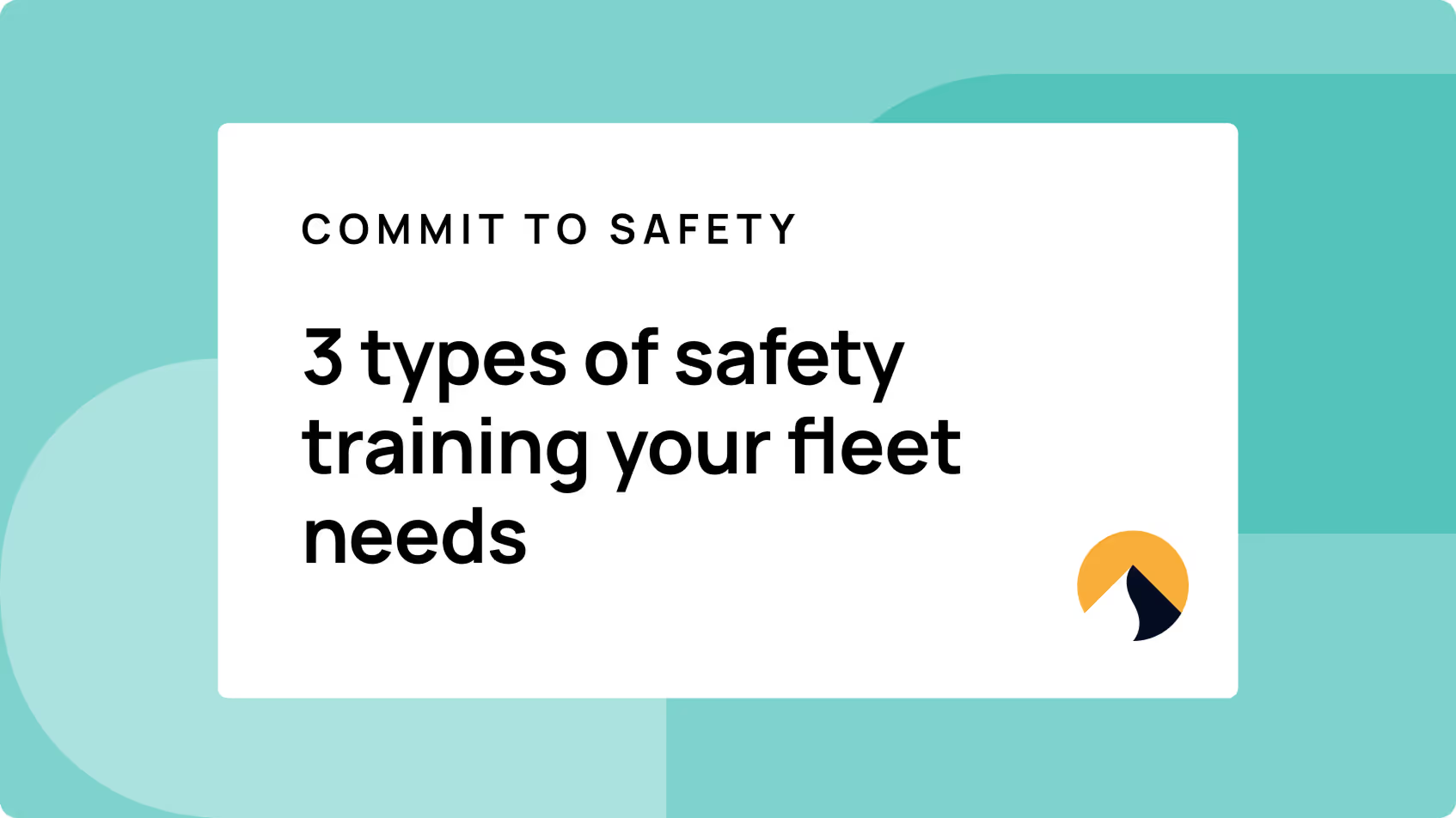Tips for preventing truck fires
Research from the American Trucking Association's Technology & Maintenance council has found that the four of the most commoncauses of truck fires are brakes, wheel bearings, air leaks, and tires. All of these components are part of a thorough pre-tripinspection, and paying close attention to these parts could prevent costly claims, injuries, or even deaths from truck tires.
Brakes are able to stop a moving vehicle using friction, and friction creates heat. Improperly adjusted brakes, or malfunctioningbrakes due to air leaks, could cause friction even though the vehicle is still moving. Over time, this creates excessive heat thatmoves through the hub and the wheel, eventually causing the tires to catch fire. The same thing can happen when bearings seize updue to lack of lubrication. It is critically important to check your brake adjustments and wheel seals to ensure neither of thesescenarios happen.
Properly inflated tires are also crucial. Besides being good practice to ensure the longest life possible for your tires, checkingyour tires for proper inflation could mean the difference between getting to your destination safely, or ending up on the side ofthe road with your truck on fire. Underinflated tires increase friction, which creates heat, which creates fires. This processhappens more quickly during the summer months, as the temperature from the air and pavement increases substantially. It isimportant to check the actual pressures of your tires rather than eyeballing or thumping them.
Once smoke or fire is seen coming from the truck, drivers should be sure to pull safely off the road or into an open area wheneverpossible, call 911 for emergency assistance, and remain at a safe distance from the truck. Disconnect the power unit from thetrailer only if it is safe to do so. Continuing to drive will only make things worse. Of course, once a fire starts in the area ofa tire, it is very difficult to put out. Even if you are able to put out the initial flames, a tire could reignite due to theoverwhelming amount of heat it is storing. If any attempt is made to put a fire out with an extinguisher, one should remember toaim at the base of the fire and use a sweeping motion.
It is vitally important for the safety of everyone that proper maintenance and thorough pre-trip inspections are at the heart ofyour vehicle maintenance program. There are also several new technologies that allow fleet managers to monitor their fleet’s tirepressures and temperatures. Investment in these technologies may ultimately reduce the number of losses and service disruptionsdue to truck fires. If you would like more information on preventing truck fires, feel free to schedule a session with one of ourfleet safety managers by emailing us atsafety@nirvanatech.com.

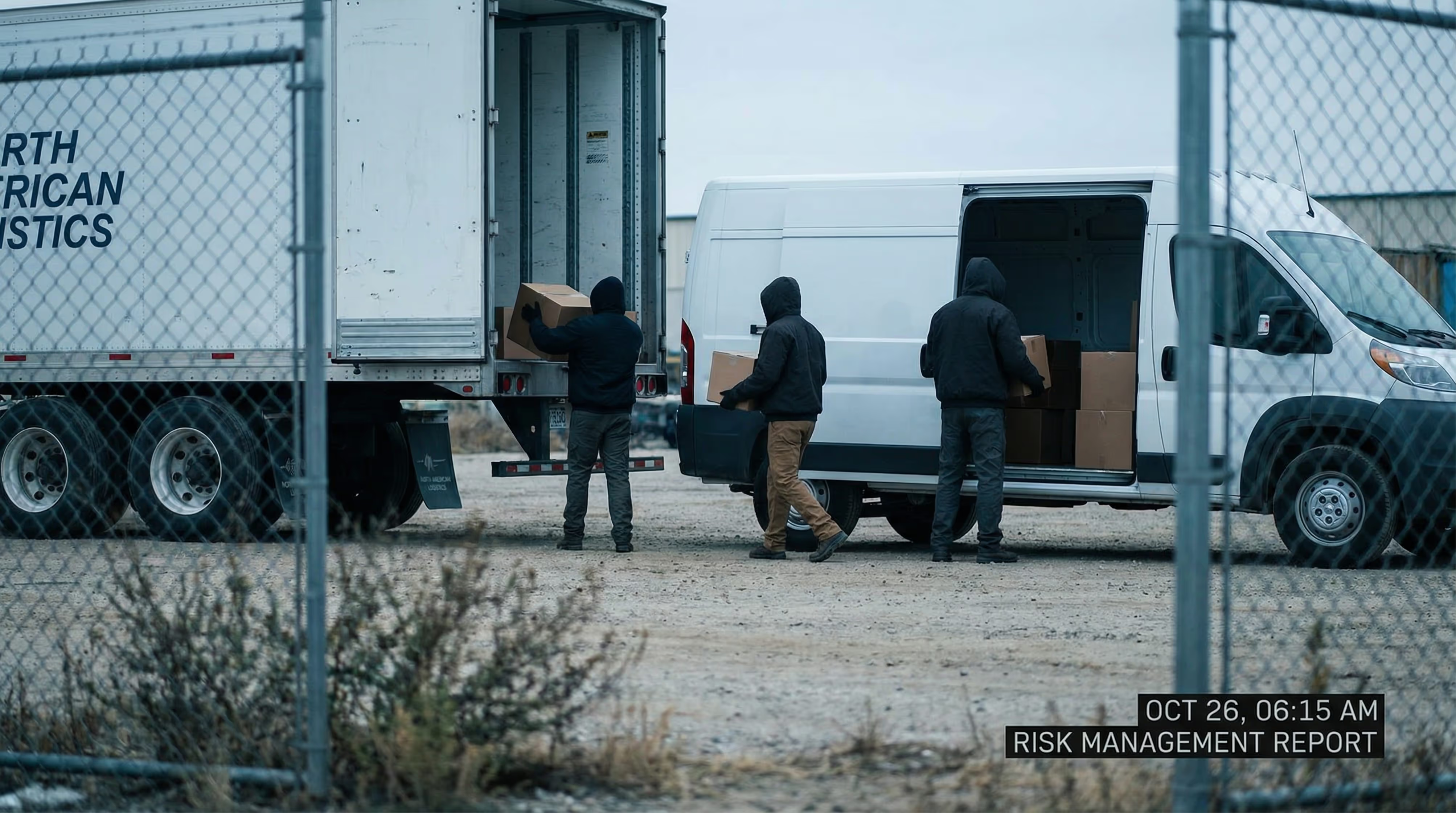
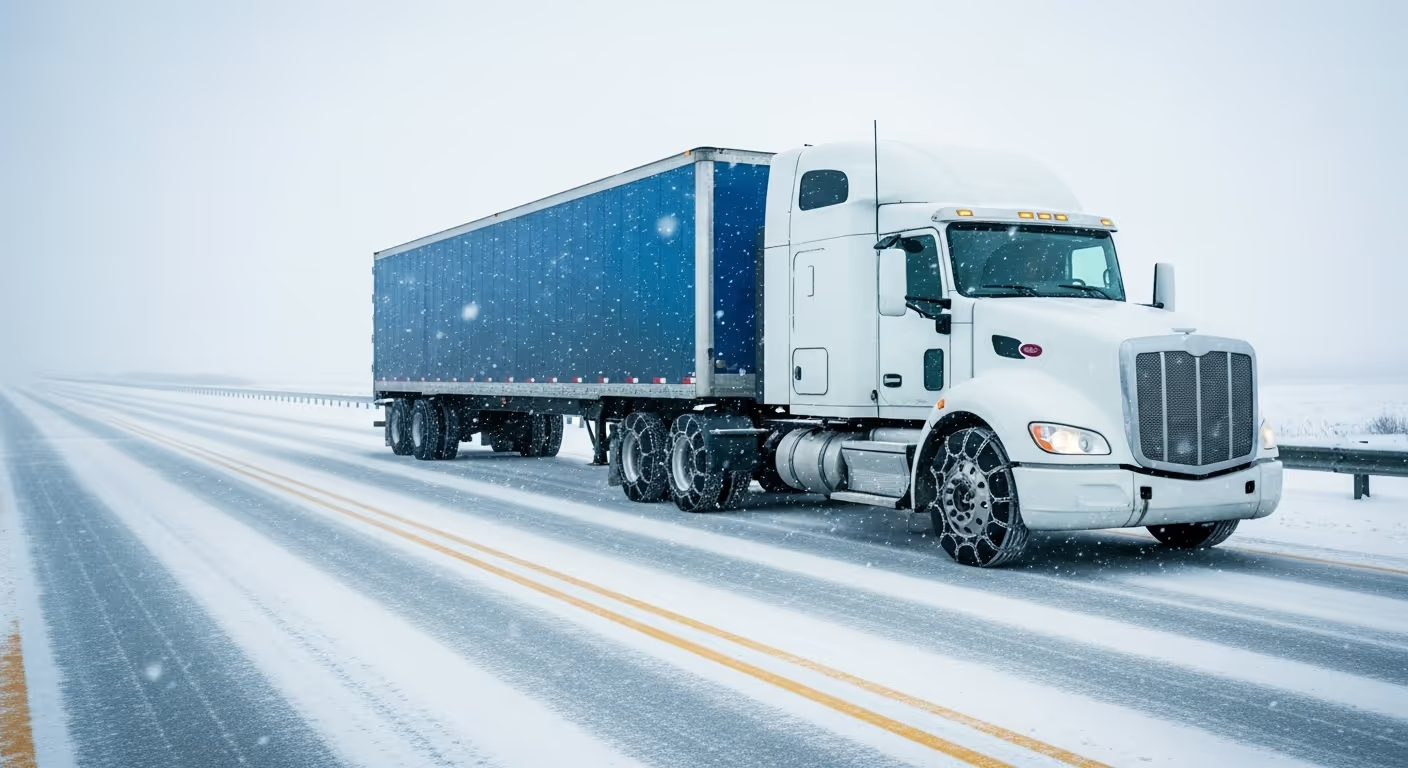
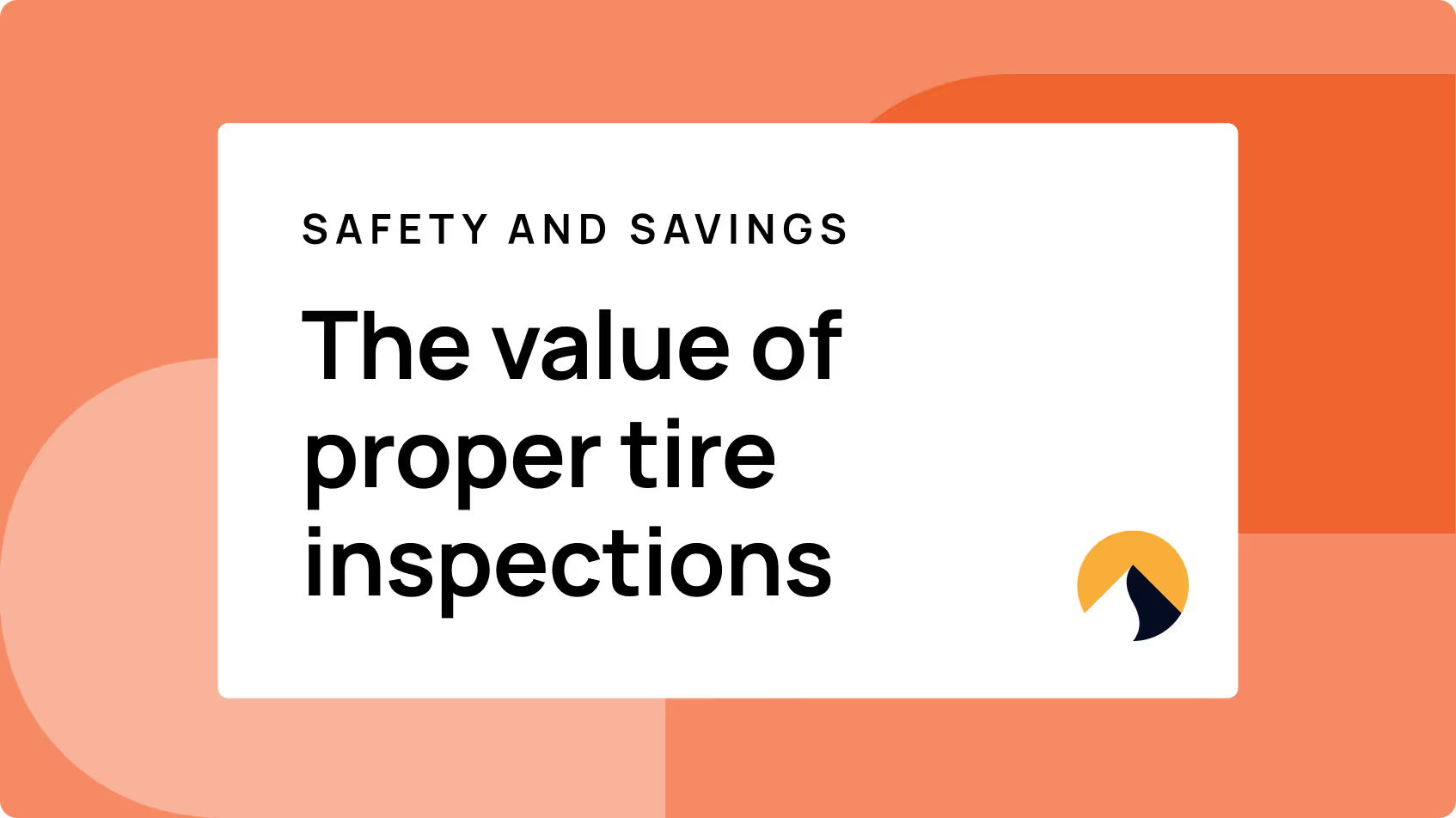


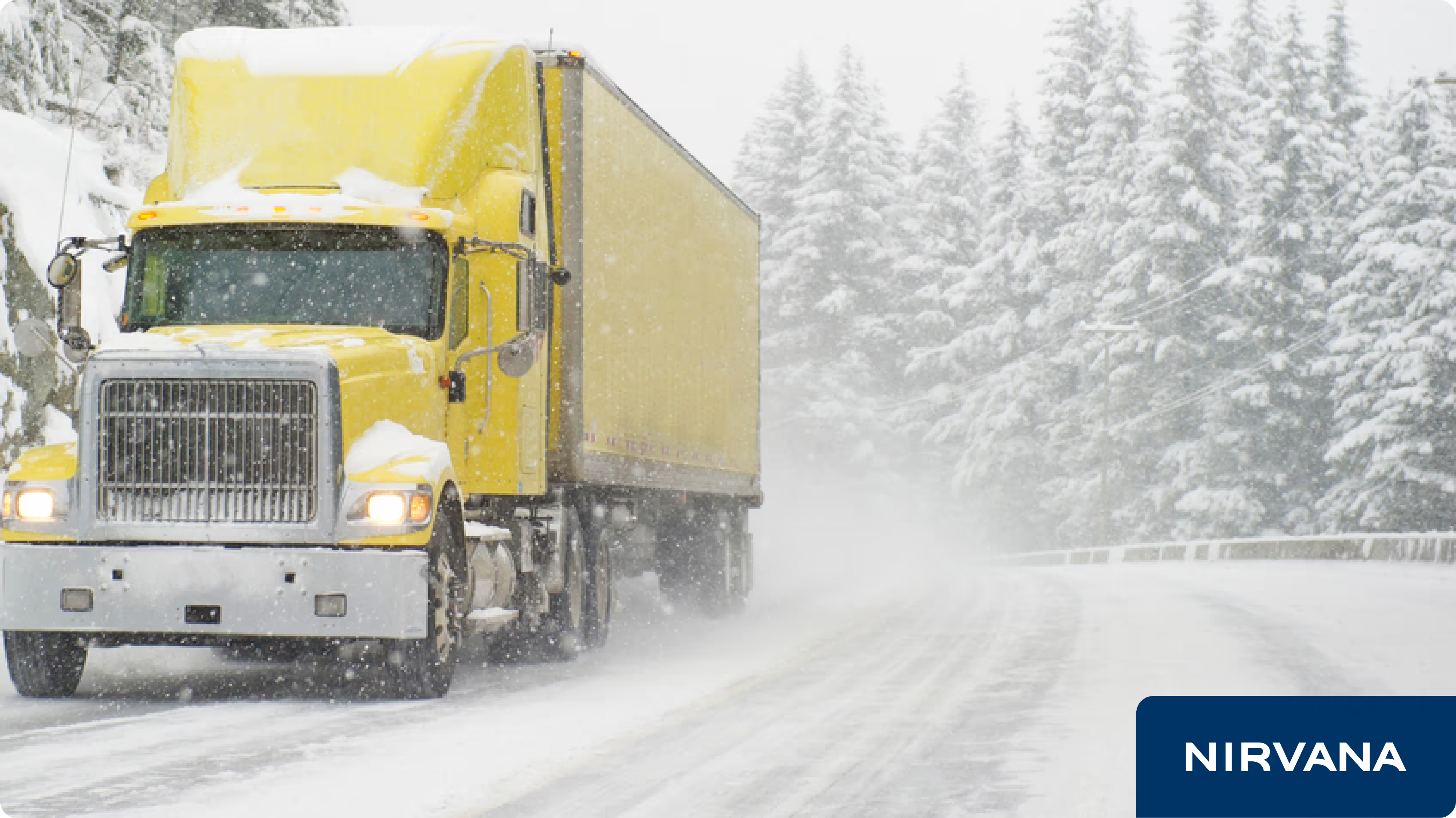



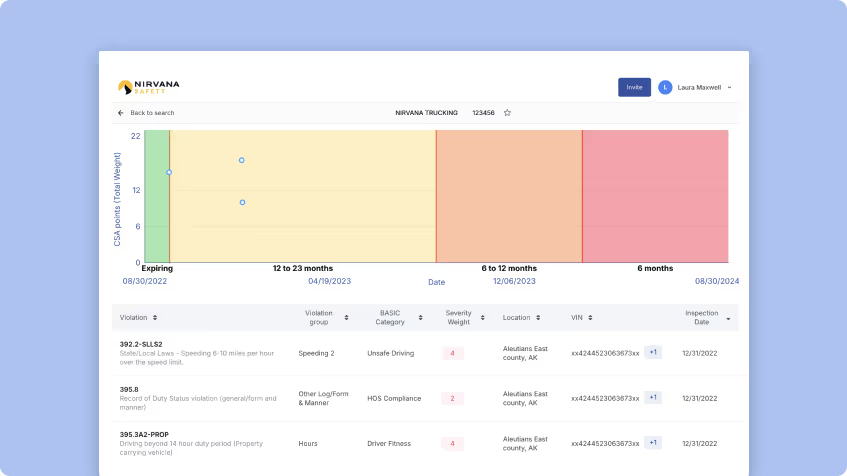



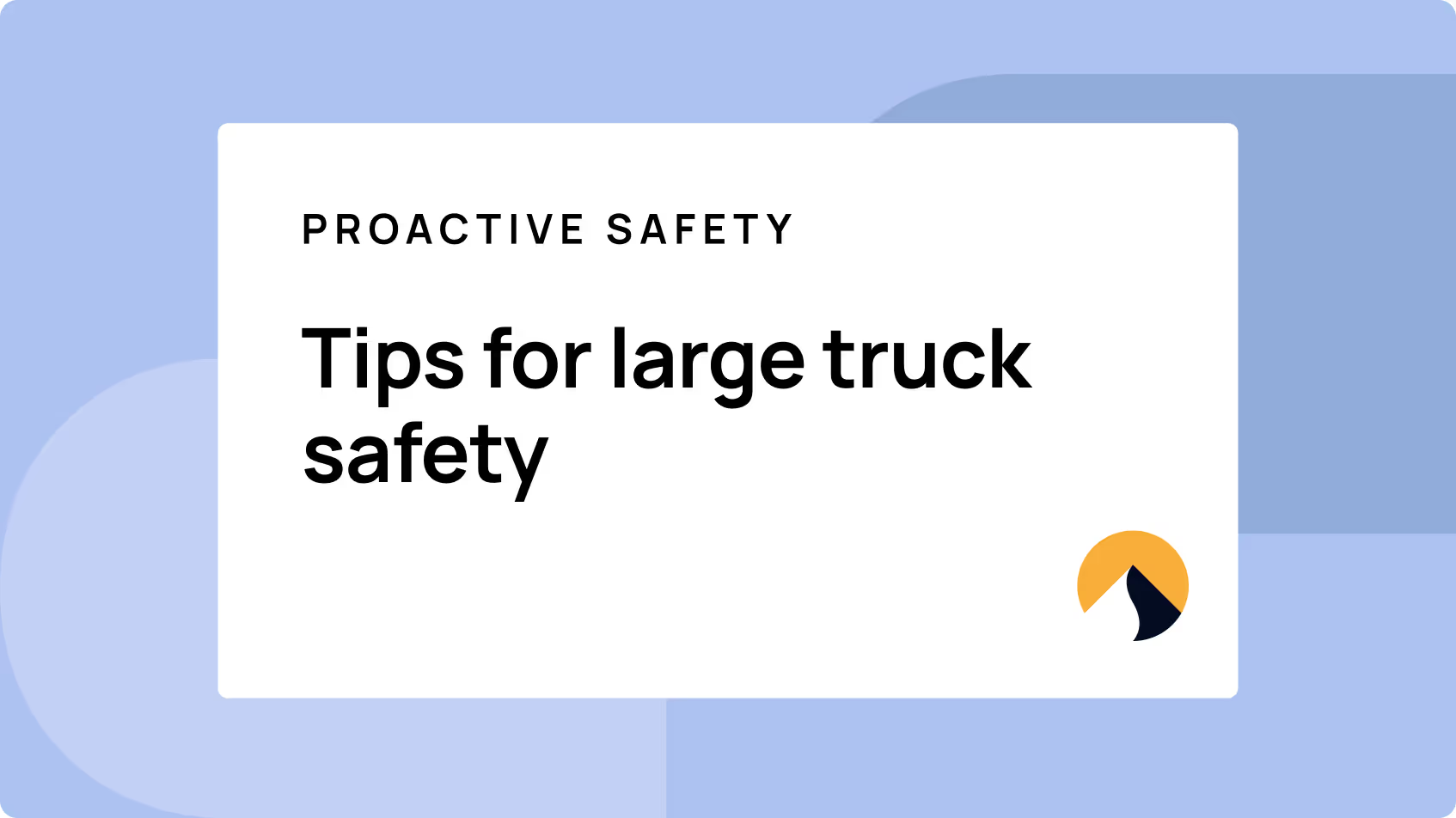
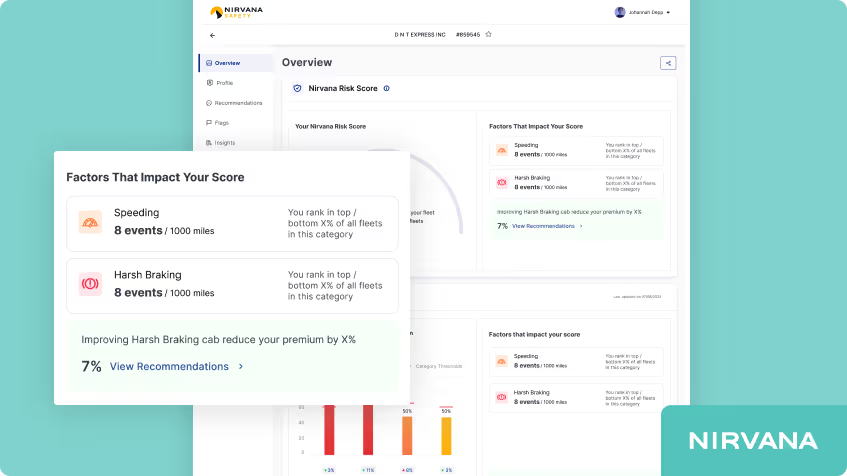
.avif)







